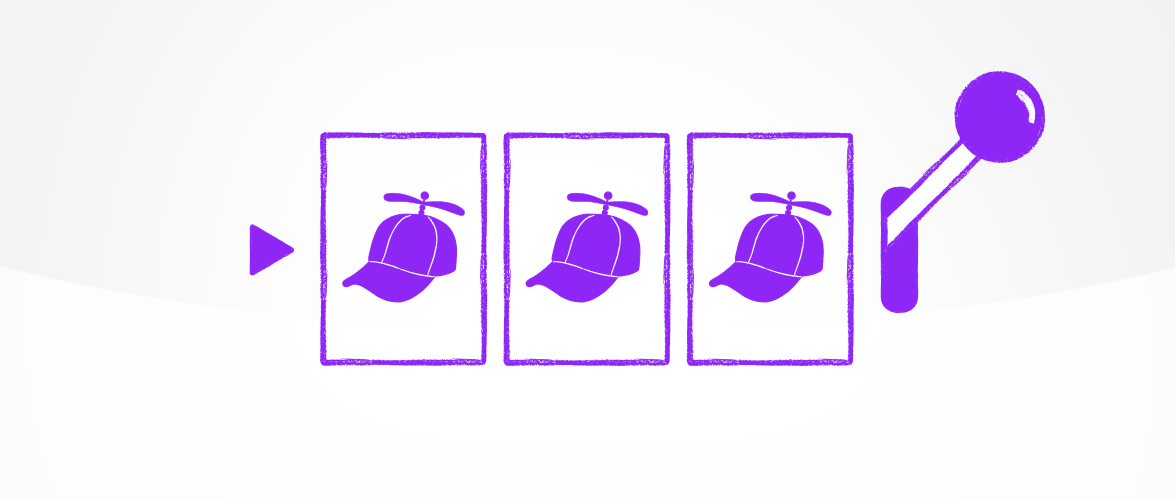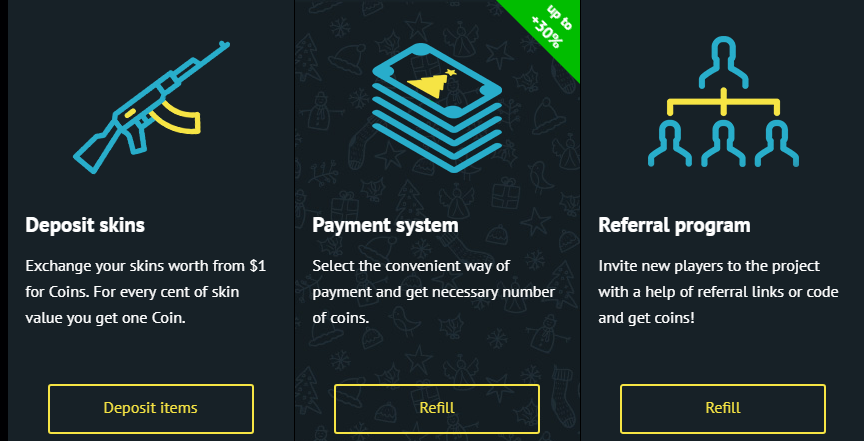Skin gambling: a parent guide
In ‘skin gambling’, gamers exchange virtual goods that they've won or bought in multi-player games for virtual gambling chips. Millions of pounds-worth are being gambled each year, much of it by children and young people.
Here's everything you need to know.
![]()
What are skins?
A skin is a graphic download which changes the appearance of characters in video games. They're purely aesthetic - they don't increase the character's abilities or impact the outcome of the game.
Players will usually pay real money for skins, and the rarer the skin the more it's worth.
How did skin-gambling start?
Skin gambling came to prominence with Valve’s Counter-Strike: Global Offensive, or CS:GO. This was the first time that players could buy or win decorative covers for their weapons known as ‘skins’ - costumes or designs to enhance their character or equipment.
To buy skins, players deposit money into an account on Valve's gaming platform Steam. The cash is converted into credits, and can't be converted back again. Players use the credits to buy skins for CS:GO and other games in the Steam Market, and store their skins in their personal Steam library. The more popular the skin is, the more it costs.
As their quality and look improved, demand for skins increased, and their rise as an online currency began. Valve operates Steam on an open application programming interface (API), and unaffiliated third-party sites sprang up to allow players to purchase intricately-designed skins outside of Steam, using online payment tools.
Crucially, developers have also enabled players to log in to their Steam accounts and access their skins to use as a virtual currency for other activities on third-party sites - the most popular being gambling sites.
Esports and public pots
Battles between players in games like CS:GO are streamed online as Esports for anyone to watch, either on YouTube or alternative streaming sites such as Twitch. Third party sites promote upcoming battles - and allow players to use the skins in their Steam library to bet on the outcome.
Players can bet with as many skins as they want, and while the game is live, the skins players are staking are taken out of their Steam library and locked. If the player wins the bet, they get back all their own skins plus the skins that their opponent gambled and lost, which are placed back in their Steam library.
Skins started to become a 'true' virtual currency when players became frustrated that their Steam credit balances, which had grown as they won on gambling sites, couldn't be cashed out for real money. This led to the rise of new unaffiliated sites like skins.cash, which allow players to withdraw their credit balance gained in skins and have it paid back onto their credit/debit card or via PayPal.
At this point, skins become a true virtual currency with a cash exchange value - albeit one which shifts according to the popularity of each individual skin.
Listen to Parent Zone's podcast, Tech Shock.
What do parents need to be aware of?
Age restrictions
As skin gambling sites are third party, there is no age verification system in place. Many of these sites are unofficial, meaning they have no safety regulations in place either. These sites are very easily accessible and many underage users participate in skin gambling.
Vlogger promotion
The growth of skin gambling's popularity is largely down to video sharing websites, such as YouTube, with some videos amassing over two million views. Vloggers record themselves gambling with skins, often filming big wins.
Two popular vloggers, known as Syndicate and TmarTn, uploaded videos of themselves betting with skins on CS:GO Lotto, a third party skin gambling site - but failed to inform players that they owned the site as well and were making money off it.
Their videos showed them gambling with weapon skins and winning large amounts of money. The videos, with titles like ‘HOW TO WIN $13,000 IN 5 MINUTES’, were viewed millions of times.
Gambling elements
Skins are now used as currency to bet on casino-style public pot games of chance, like coin flips and roulette on third party sites.
Sites like CS:GO Fast, CS:GO Bux and CS:GO Wild run roulette spins as frequently as every 30 seconds. Players deposit their skins, which are then converted into coins or jewels of different value and used just like chips at a casino to place bets on games of chance. If a player wins, they are awarded more jewels and if they lose then their balance goes down. The chips can be used to either purchase skins or place more bets.
Players can also gamble using virtual coins, which can be redeemed for cash. Coins can be purchased either by exchanging skins for their value in coins, determined (but not sanctioned) by the Steam market, buying via a credit/debit card or by referring friends to play the game.
Most skin gambling sites are officially illegal. The only exceptions are betting sites that hold a skin-gambling license issue by the Isle of Man.
Valve’s response to skin gambling
The publisher of CS:GO and Steam distanced itself from unaffiliated online skin betting websites, stating it does not facilitate gambling or support players who encourage it.
The publisher sent cease and desist orders to 23 skin gambling websites in 2016 - but by the time the order expired 10 days later, only 11 websites had shut their services, with some temporarily removing the gambling element and others ignoring the order altogether.
In recent years Valve has done more to remove all elements of skin gambling from their online platform Steam. However, because skin gambling sites operate ‘underground’ some sites have been able to find ways to get around this ban. There have been cases of bots posting reviews on Steam which are actually links to gambling sites. Valve has been active in trying to moderate these reviews.
Spot something that doesn't look quite right? You can email librarian@parentzone.org.uk to submit comments and feedback.
This article was last updated on 14/09/22.




